

Articles
How Long Does Epoxy Floor Last
Modified: December 7, 2023
Discover how long epoxy floors can last and get expert articles on maximizing their lifespan.
(Many of the links in this article redirect to a specific reviewed product. Your purchase of these products through affiliate links helps to generate commission for Storables.com, at no extra cost. Learn more)
Introduction
Epoxy floors have become increasingly popular in residential, commercial, and industrial settings due to their durability, aesthetic appeal, and easy maintenance. If you’re considering installing an epoxy floor, you may be wondering how long it will last before it needs to be repaired or replaced.
The lifespan of an epoxy floor depends on several factors, including the quality of the epoxy coating, the substrate preparation, the level of traffic and usage, and the maintenance and care it receives. By understanding these factors and taking appropriate measures, you can ensure that your epoxy floor remains in optimal condition for a longer period of time.
In this article, we will delve into the factors that affect the lifespan of epoxy floors, discuss the average lifespans in different applications, identify signs of wear and tear, and provide tips on how to extend the lifespan of your epoxy floor.
Key Takeaways:
- Epoxy floors can last for many years with proper care and maintenance. Factors like quality of coating, substrate preparation, and traffic level influence their lifespan.
- Regular cleaning, avoiding harsh chemicals, and addressing signs of wear and tear can significantly extend the lifespan of epoxy floors in residential, commercial, and industrial settings.
Read more: How Long Does Epoxy Countertops Last
Factors Affecting the Lifespan of Epoxy Floors
The lifespan of an epoxy floor can vary depending on several key factors. Understanding these factors can help you make informed decisions during the installation and maintenance process to ensure the longevity of your epoxy floor. Let’s explore the main factors that influence the lifespan:
Quality of the Epoxy Coating
The quality of the epoxy coating plays a significant role in determining how long your floor will last. Higher quality epoxy coatings, typically more expensive, are formulated with superior ingredients and are designed to withstand heavy use and frequent foot traffic. It’s essential to invest in high-quality epoxy coatings that are specifically designed for your intended application.
Preparation of the Substrate
Proper preparation of the substrate is crucial for the long-term success of your epoxy floor. The substrate, or the underlying surface, needs to be clean, dry, and free from any contaminants before applying the epoxy coating. Thoroughly cleaning the substrate and repairing any cracks or imperfections will ensure optimal adhesion and prevent premature peeling or delamination.
Traffic and Usage
The level of traffic and usage your epoxy floor experiences will also impact its lifespan. High-traffic areas, such as commercial or industrial facilities, will subject the floor to more wear and tear compared to residential spaces. Heavy machinery, forklifts, and frequent movement of goods can put extra stress on the epoxy coating. Consider the anticipated usage and select an epoxy coating that is specifically formulated for the expected level of traffic.
Read more: How Long Does It Take Epoxy Floors to Dry
Maintenance and Care
The way you maintain and care for your epoxy floor will significantly influence its lifespan. Regular cleaning, removing spills and stains promptly, and avoiding the use of harsh chemicals will help preserve the integrity of the epoxy coating. Additionally, placing mats or rugs in high-traffic areas, using protective floor coatings in areas prone to chemical spills or heavy impacts, and following maintenance guidelines provided by the manufacturer will help extend the lifespan of your epoxy floor.
By considering these crucial factors and taking appropriate measures, you can ensure that your epoxy floor lasts for many years to come. In the next section, we will discuss the average lifespans of epoxy floors in different applications, providing a better understanding of what to expect in terms of durability and performance.
Average Lifespan of Epoxy Floors
The lifespan of epoxy floors can vary depending on the application and the specific conditions they are subjected to. Here, we will discuss the average lifespans of epoxy floors in different settings:
Residential Applications
In residential applications, epoxy floors can last anywhere from 10 to 20 years or even longer with proper maintenance. Residential epoxy floors are typically subjected to lighter foot traffic compared to commercial or industrial settings. With regular cleaning and care, a properly installed residential epoxy floor can maintain its appearance and functionality for many years.
Commercial Applications
Epoxy floors in commercial settings, such as retail stores, offices, and restaurants, generally have an average lifespan of 5 to 10 years. Commercial spaces receive higher foot traffic, which can contribute to more wear and tear on the epoxy coating. However, implementing a robust maintenance plan and using high-quality epoxy coatings can help extend the lifespan of the floor in these environments.
Read more: How To Epoxy A Floor
Industrial Applications
In industrial settings, epoxy floors are subjected to intense use, heavy machinery, chemical spills, and potential impacts. Despite these demanding conditions, industrial epoxy floors can last between 2 to 5 years. However, it’s important to note that the lifespan can vary depending on the specific industrial processes and the level of maintenance and care provided.
It’s important to keep in mind that these lifespan estimates are general guidelines, and the actual longevity of an epoxy floor will depend on the factors mentioned earlier, such as the quality of the coating, substrate preparation, traffic, and maintenance. Regular inspections and maintenance can help detect and address any issues before they become major problems, allowing you to get the most out of your epoxy floor.
In the next section, we will discuss some common signs of wear and tear on epoxy floors, indicating that it may be time for repairs or restoration.
Signs of Wear and Tear on Epoxy Floors
Over time, epoxy floors may exhibit signs of wear and tear due to various factors. Being able to identify these signs can help you address issues promptly and prevent further damage. Here are some common signs to look out for:
Discoloration
One of the telltale signs of wear on epoxy floors is discoloration. The vibrant and glossy appearance of the epoxy coating can fade or become dull over time, especially in areas exposed to direct sunlight. Additionally, exposure to certain chemicals or prolonged use in high-traffic areas can cause discoloration. If you notice significant fading or changes in color, it may be time to consider refinishing or applying a fresh topcoat to restore the floor’s appearance.
Chipping and Cracking
Chipping and cracking are common issues that may occur in epoxy floors, particularly in areas where heavy objects are dropped or where there is significant impact. These damages can compromise the integrity of the floor and lead to further problems if left unaddressed. If you notice any chips or cracks, it’s essential to repair them promptly to prevent moisture intrusion and potential delamination.
Read more: How Much Does An Epoxy Floor Cost
Peeling and Delamination
Peeling and delamination occur when the epoxy coating begins to lift or separate from the substrate. This can be caused by poor substrate preparation, moisture issues, or improper installation. Areas with peeling or delamination are more susceptible to further damage from abrasion, chemicals, and moisture. If you observe peeling or delamination, it’s crucial to address the underlying cause and perform the necessary repairs to prevent further deterioration.
Loss of Gloss
Epoxy floors are known for their high-gloss finish, which adds to their aesthetic appeal. Over time, due to exposure to UV light, foot traffic, or improper cleaning practices, the floor may lose its gloss and appear dull. Loss of gloss can be rectified by cleaning and buffing the surface or applying a new topcoat to restore the shine.
Regularly inspecting your epoxy floor and being vigilant about these signs of wear and tear will enable you to take appropriate measures to maintain its appearance and functionality. In the next section, we will discuss some tips on how to extend the lifespan of your epoxy floor.
Extending the Lifespan of Epoxy Floors
To maximize the lifespan of your epoxy floor and keep it looking its best, there are several proactive measures you can take. By implementing these practices, you can extend the longevity of your epoxy floor and minimize the need for repairs or replacements. Let’s explore some key tips for maintaining your epoxy floor:
Regular Cleaning
Frequent cleaning is essential for keeping your epoxy floor in top condition. Dirt, dust, and debris can accumulate on the surface over time, causing abrasion and potential damage to the epoxy coating. Sweeping or vacuuming the floor regularly will help prevent these particles from scratching the surface. Additionally, mopping the floor with a mild detergent and water solution will remove stains and maintain its shine.
Read more: What Is An Epoxy Floor
Avoiding Harsh Chemicals
While epoxy floors are highly resistant to chemicals, it’s still important to use caution when using cleaning agents. Harsh chemicals, such as bleach or ammonia-based cleaners, can degrade the epoxy coating and cause discoloration or damage. Opt for pH-neutral cleaners that are specifically formulated for use on epoxy floors. Be sure to read the manufacturer’s guidelines for cleaning and avoid any products that may harm the surface.
Preventing Physical Damage
Preventing physical damage is crucial for extending the lifespan of your epoxy floor. Heavy objects dropped from a height can cause chips or cracks in the coating. To prevent such damage, use caution when moving or handling heavy items on the floor. Consider using protective mats or rugs in areas prone to impacts or place felt pads under furniture to prevent scratching when moving them.
Periodic Maintenance
Performing periodic maintenance tasks can also help prolong the lifespan of your epoxy floor. This may include inspecting for any signs of wear or damage, such as chips or peeling, and addressing them promptly. Applying a fresh topcoat every few years can help rejuvenate the floor’s appearance and protect it from further damage. It’s also recommended to consult with a professional if you notice any significant issues or have concerns about the floor’s condition.
By adopting these practices, you can significantly extend the lifespan of your epoxy floor. Regular cleaning, avoiding harsh chemicals, preventing physical damage, and periodic maintenance will help keep the floor in optimal condition for years to come. In the next section, we will conclude our discussion and summarize the key points covered.
Conclusion
Epoxy floors are a popular choice for their durability, aesthetics, and easy maintenance. By understanding the factors that affect their lifespan and implementing proper care, you can ensure that your epoxy floor remains in optimal condition for an extended period of time.
Factors such as the quality of the epoxy coating, substrate preparation, traffic and usage, and maintenance and care all play a crucial role in determining how long an epoxy floor will last. Investing in high-quality epoxy coatings, ensuring proper substrate preparation, and implementing a robust maintenance plan can significantly extend the lifespan of your floor.
Residential epoxy floors can last between 10 to 20 years with proper maintenance, while commercial floors may have an average lifespan of 5 to 10 years. Industrial epoxy floors, subjected to heavy use and harsh conditions, generally last between 2 to 5 years.
It’s important to be aware of common signs of wear and tear on epoxy floors, such as discoloration, chipping and cracking, peeling and delamination, and loss of gloss. Recognizing these signs early on and addressing them promptly can help prevent further damage and extend the life of your floor.
To extend the lifespan of your epoxy floor, regular cleaning is essential to remove dirt and debris that can cause abrasion. Avoiding harsh chemicals, preventing physical damage, and performing periodic maintenance tasks, such as inspecting for damage and applying a fresh topcoat when needed, will help keep your floor looking its best.
In conclusion, by understanding the factors affecting epoxy floor lifespan, taking proactive measures to address signs of wear and tear, and implementing proper care and maintenance, you can enjoy a beautiful and durable epoxy floor for many years to come.
Frequently Asked Questions about How Long Does Epoxy Floor Last
Was this page helpful?
At Storables.com, we guarantee accurate and reliable information. Our content, validated by Expert Board Contributors, is crafted following stringent Editorial Policies. We're committed to providing you with well-researched, expert-backed insights for all your informational needs.
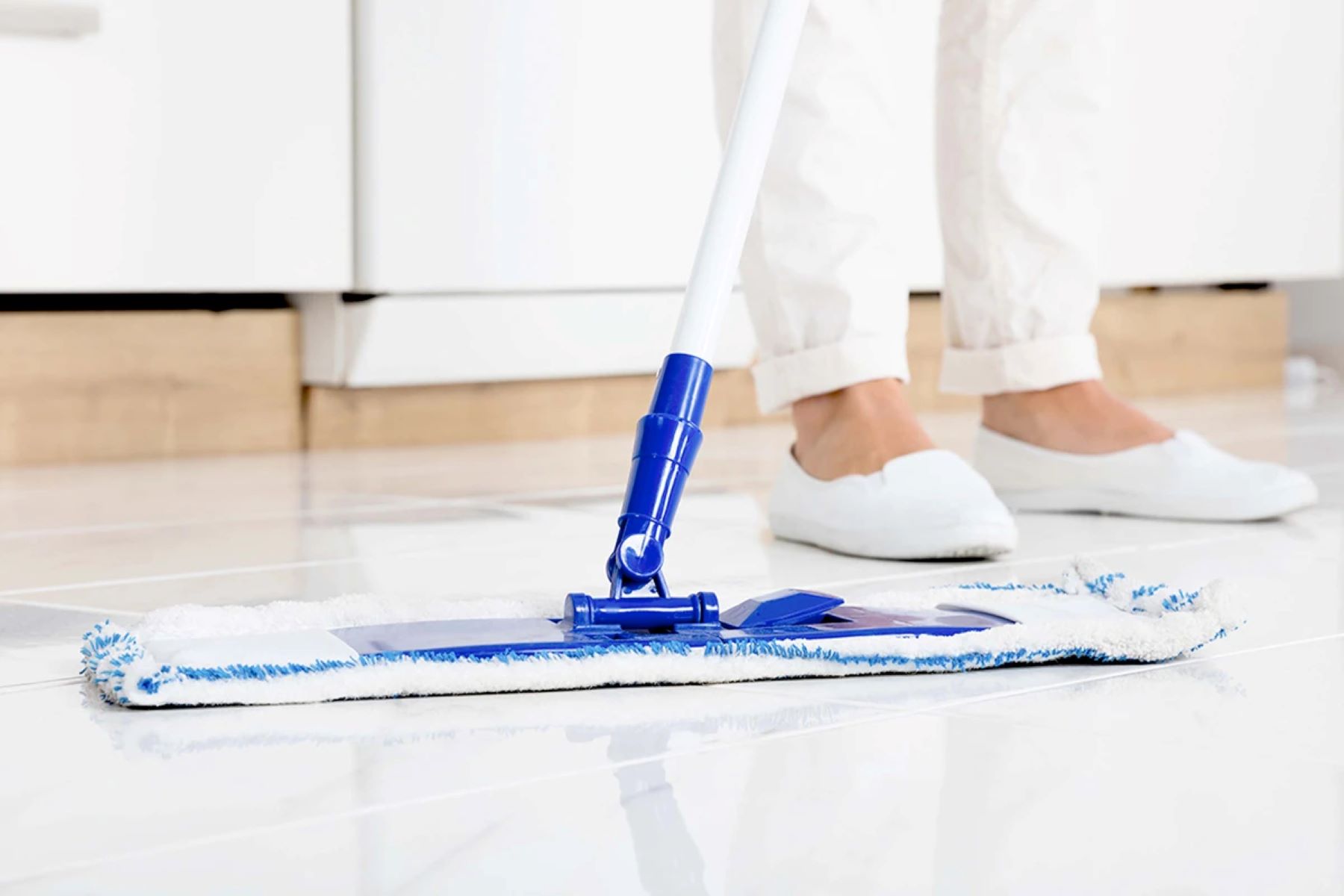
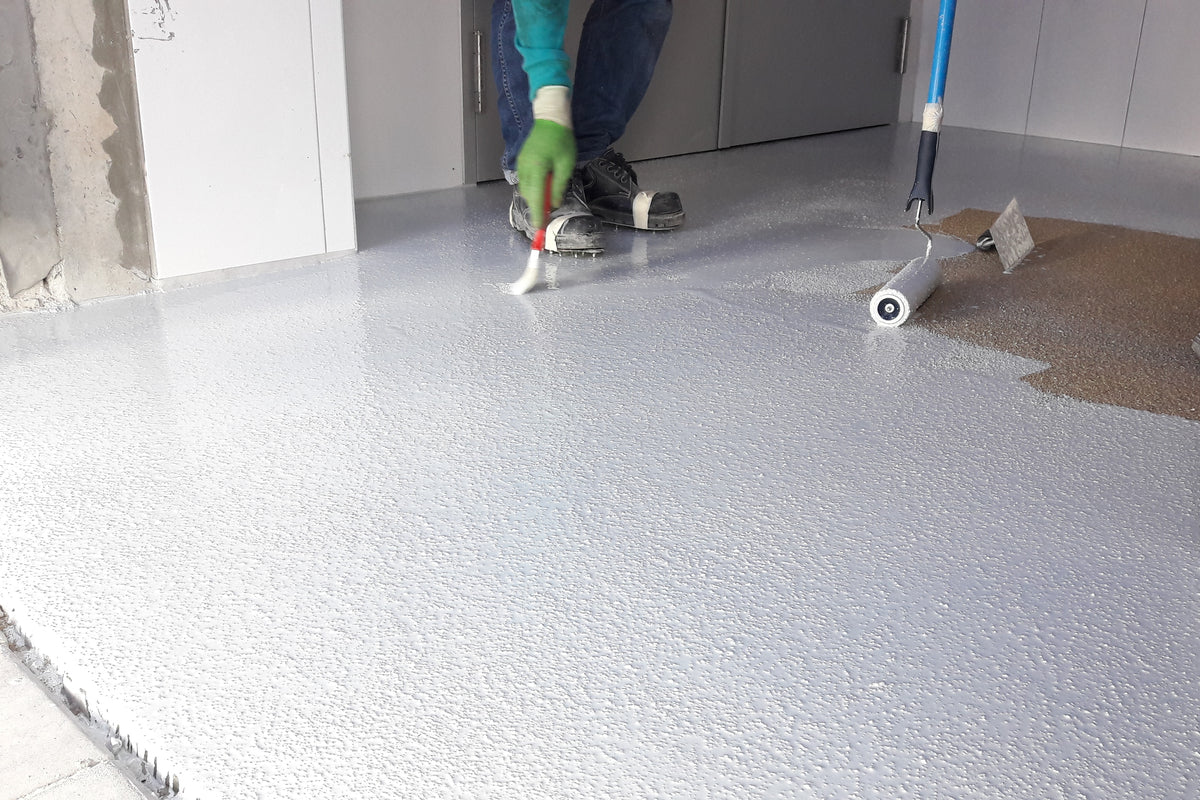
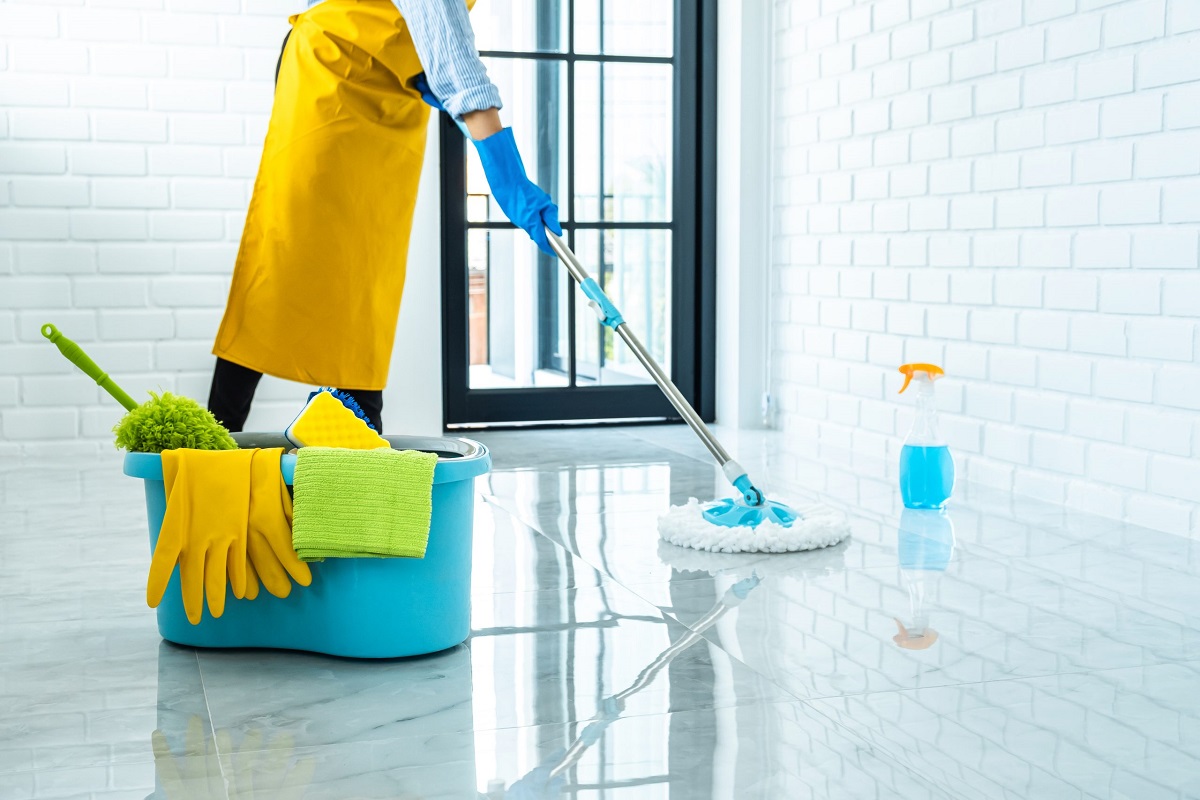
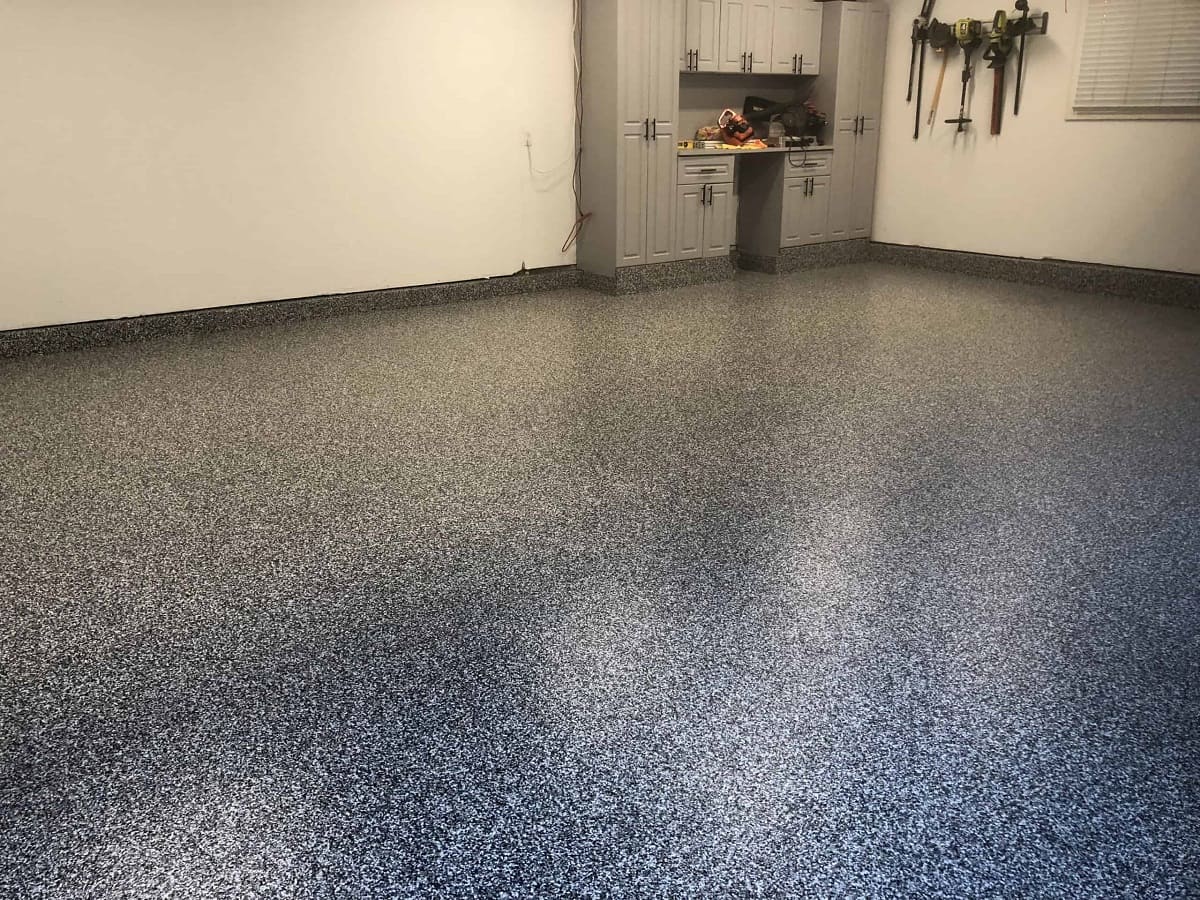
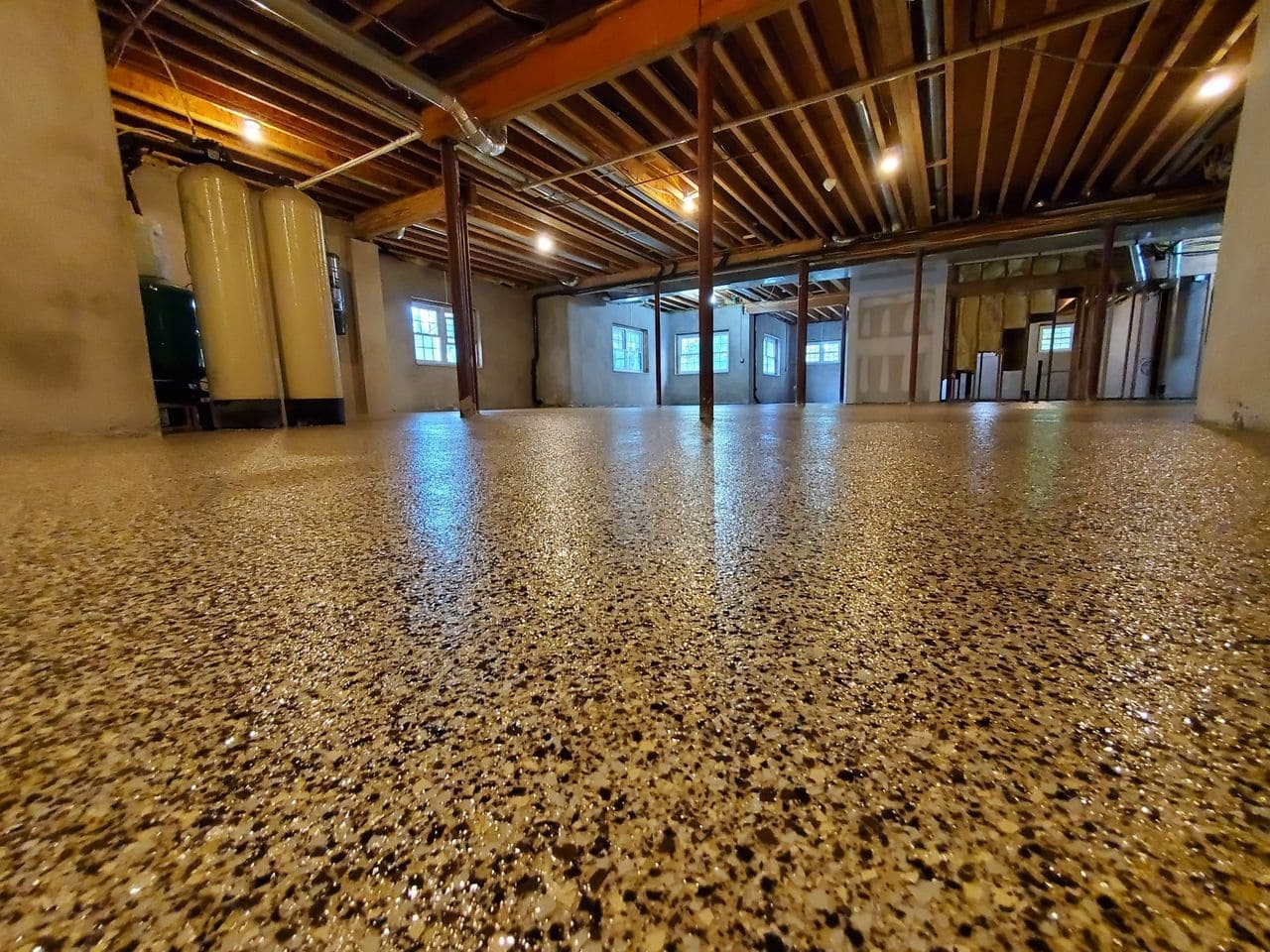
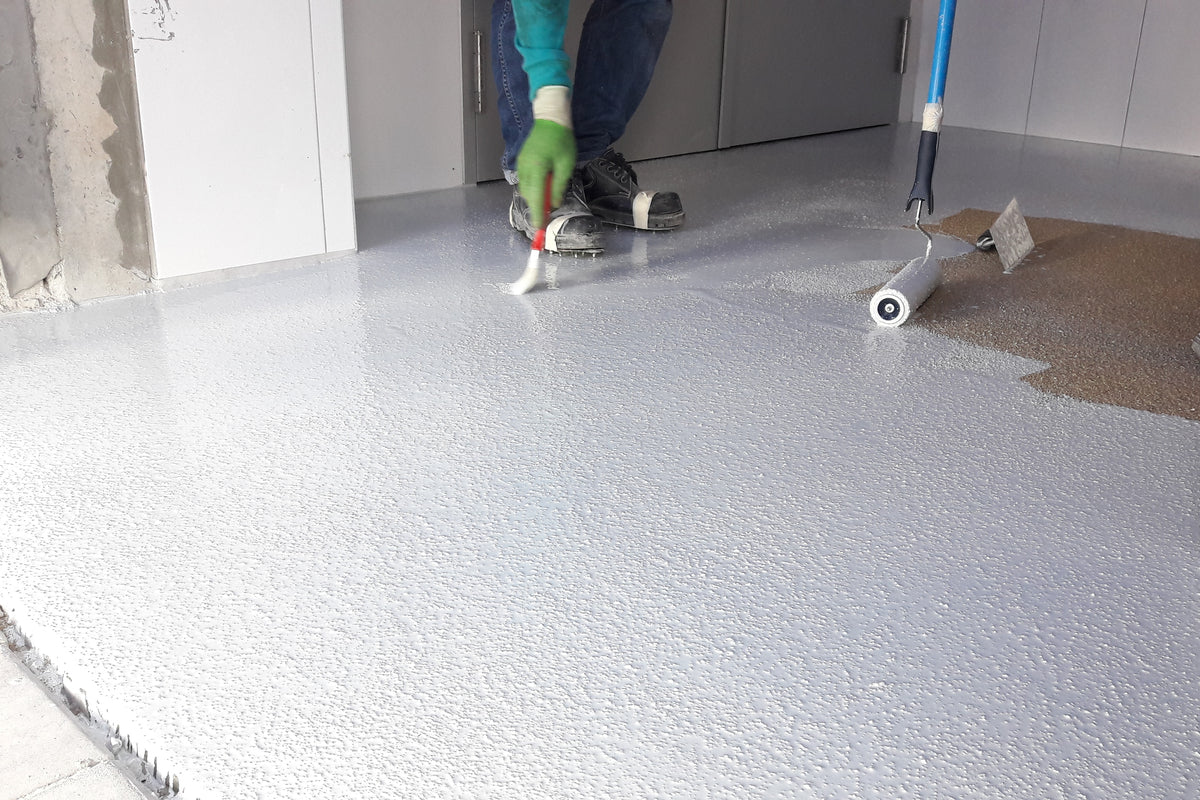
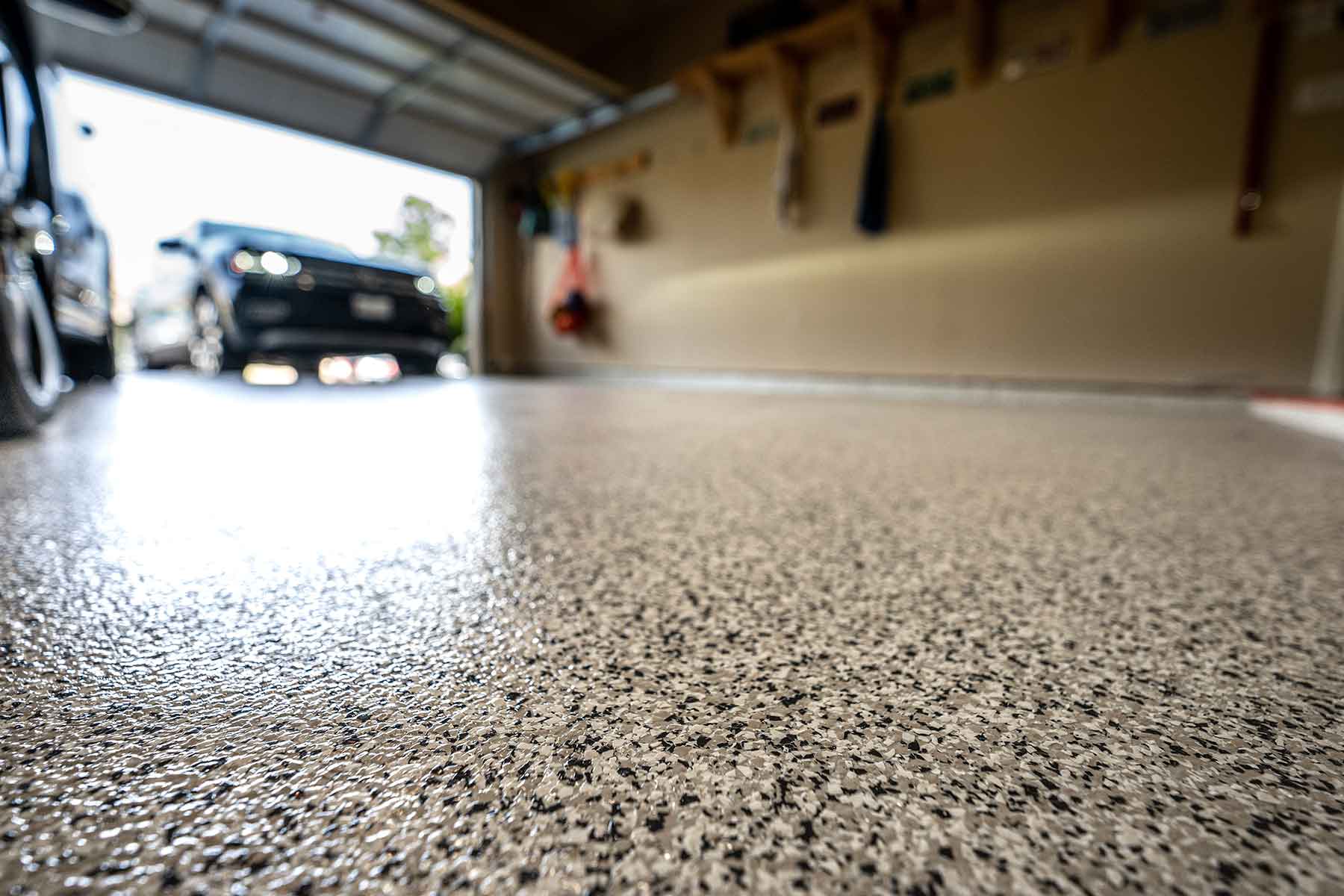

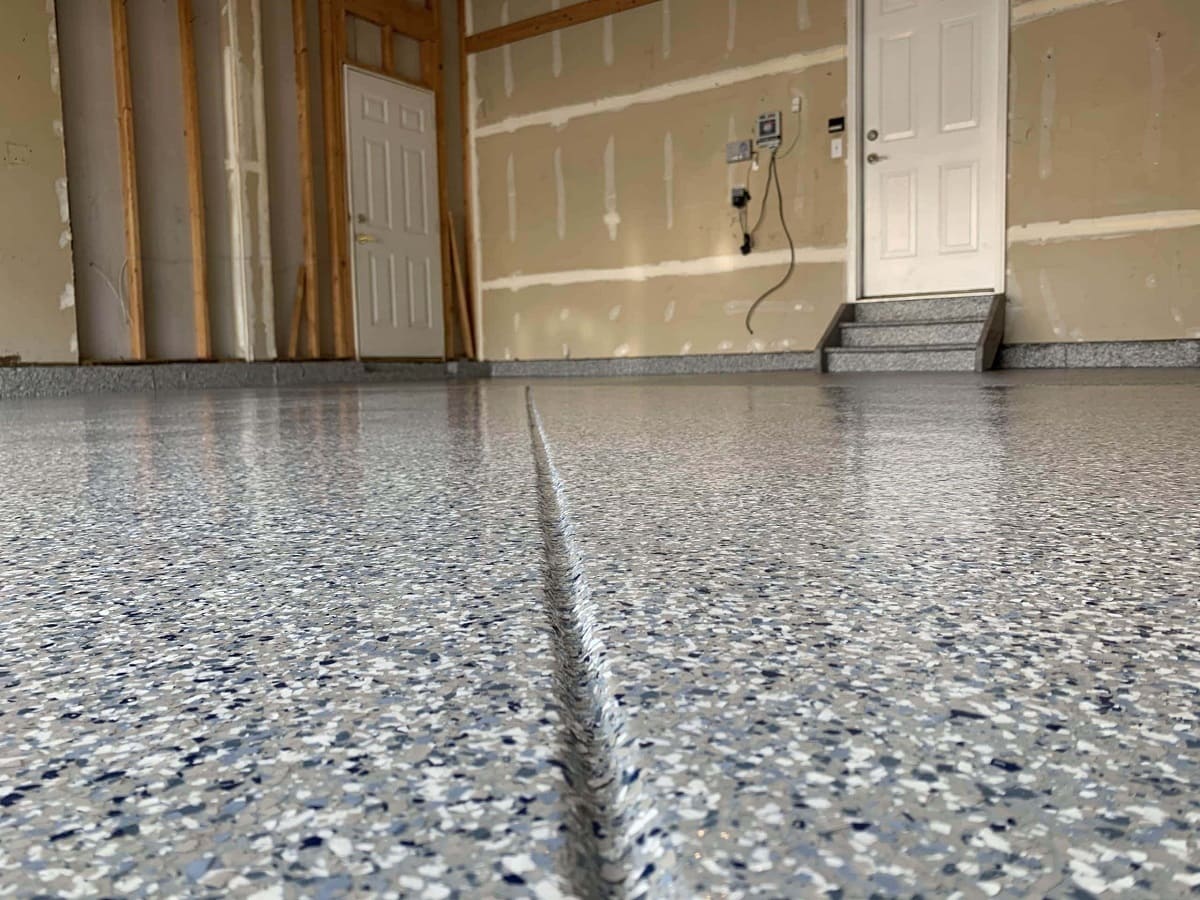
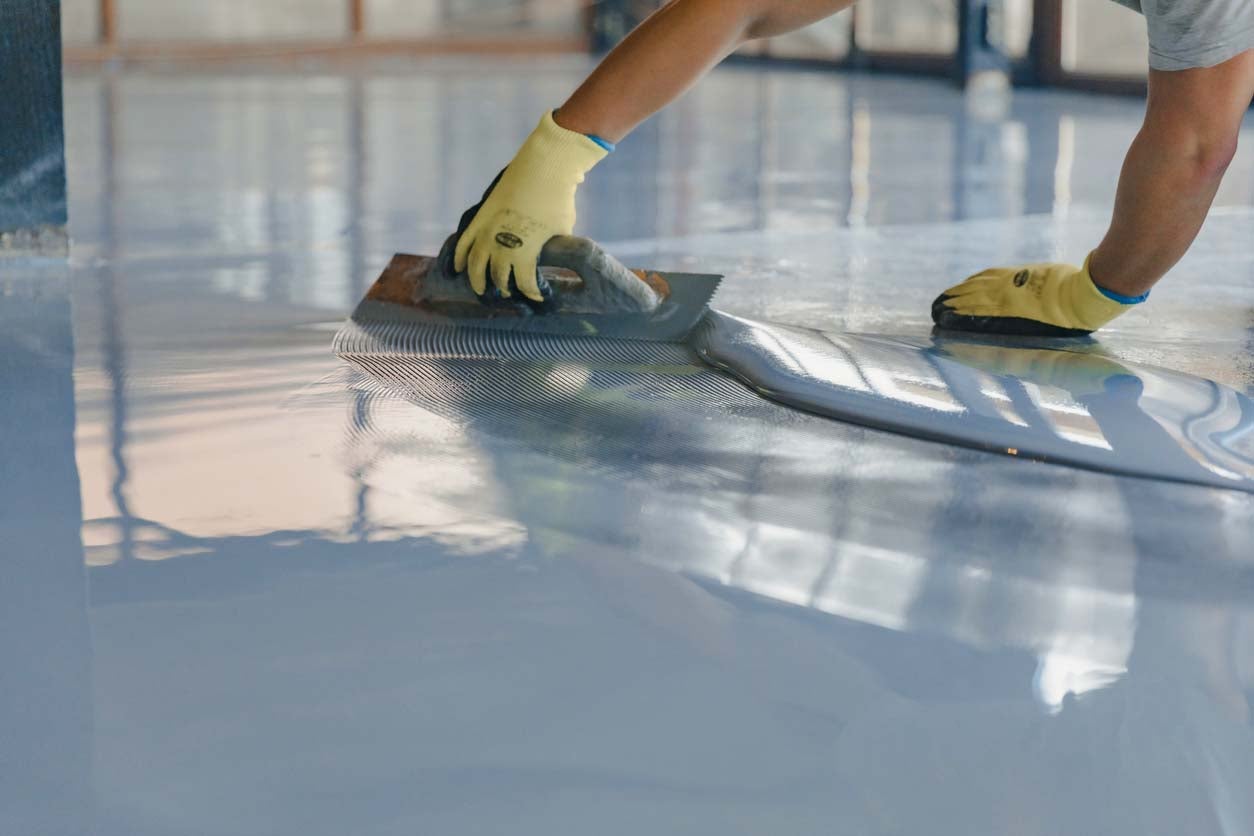
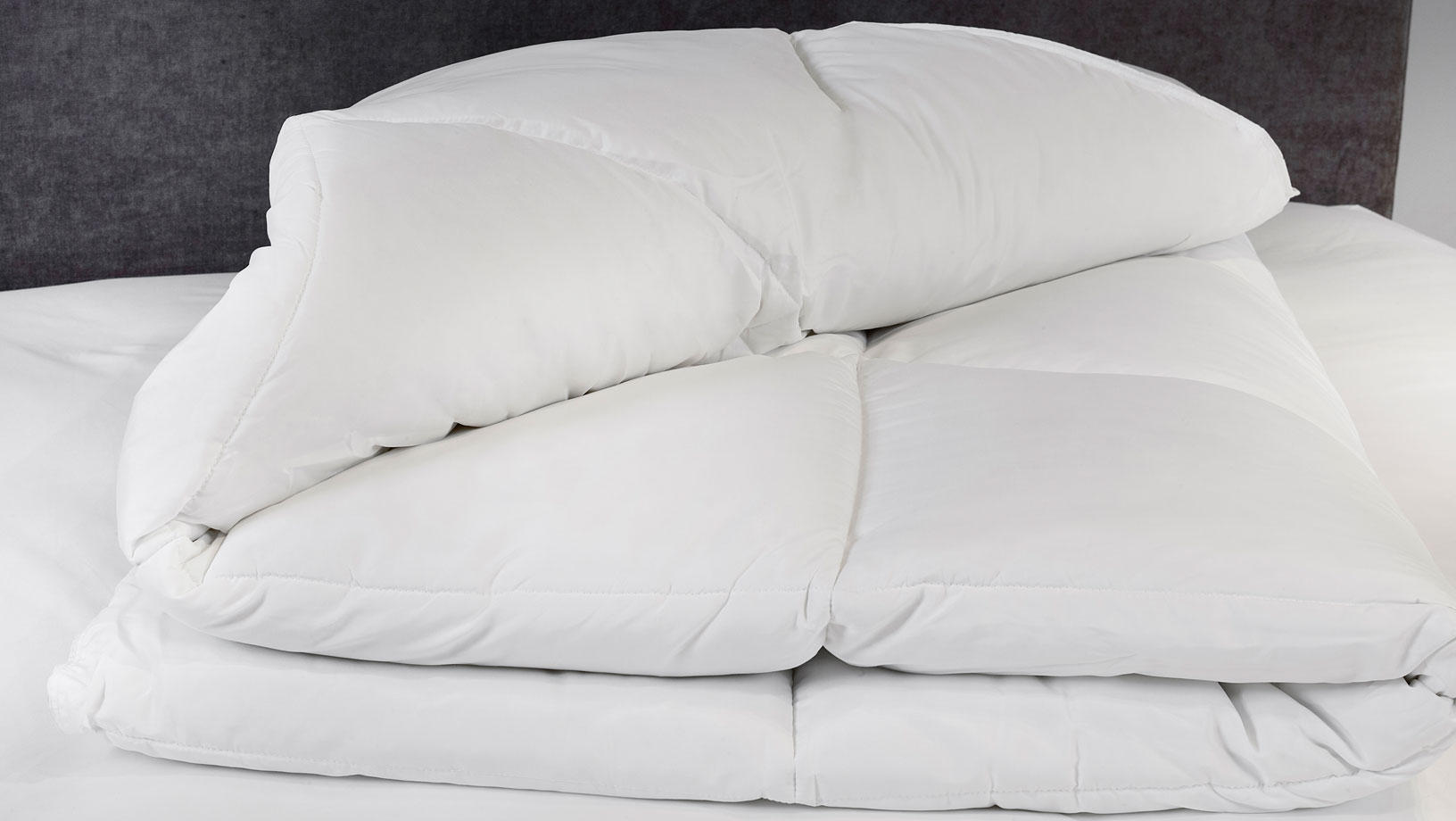

0 thoughts on “How Long Does Epoxy Floor Last”